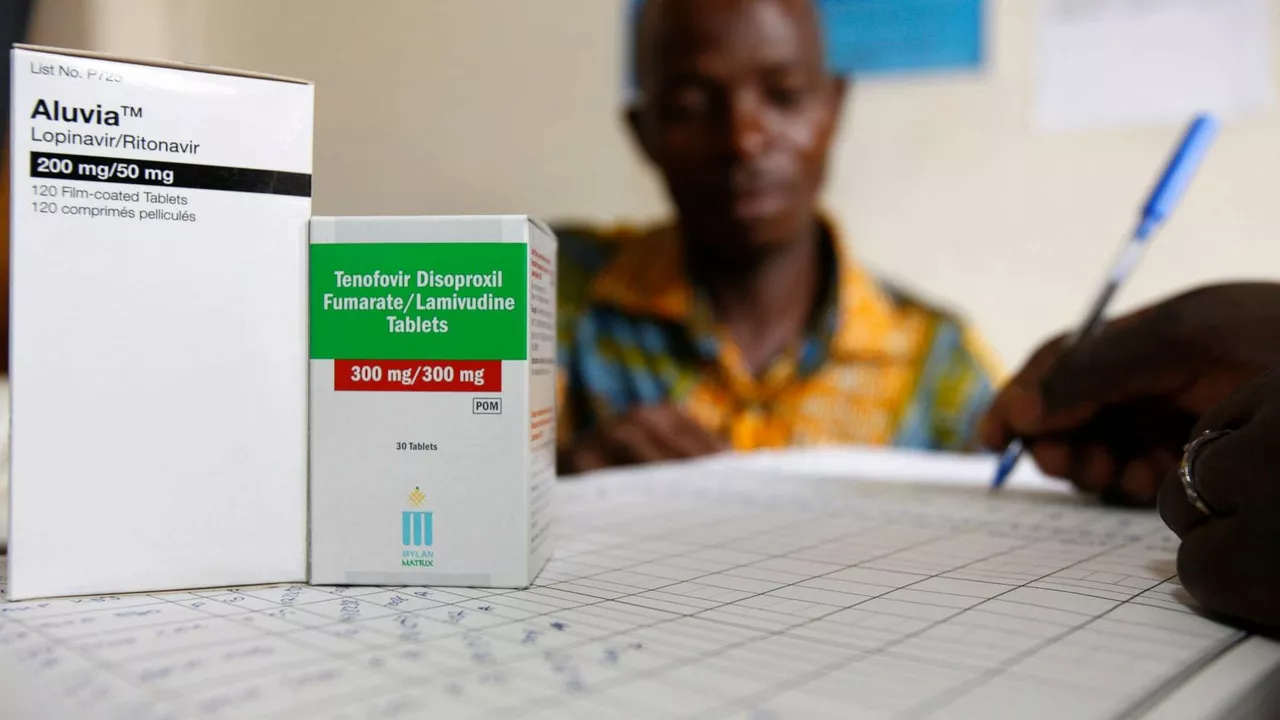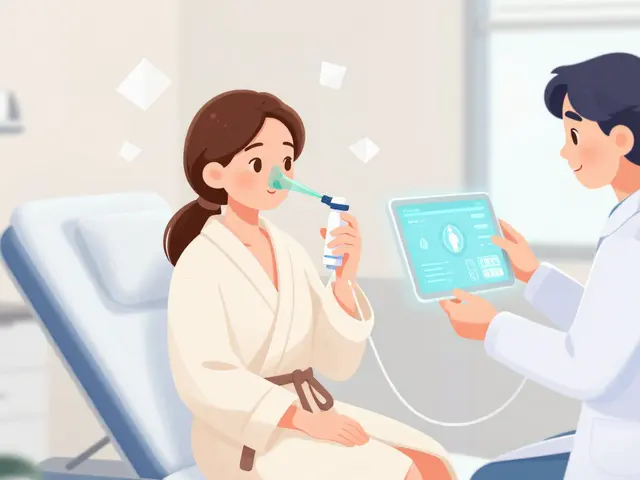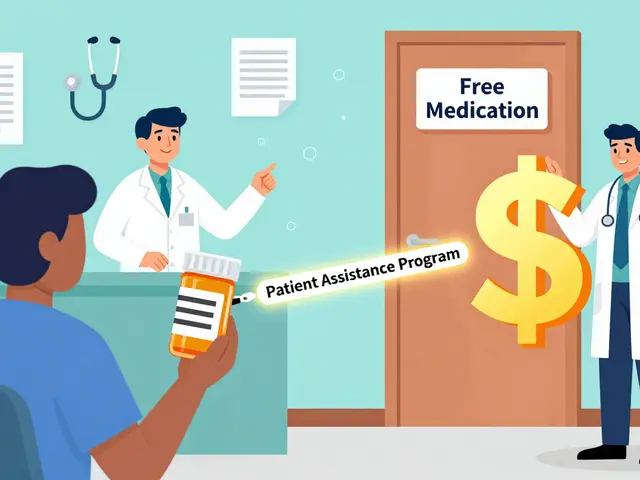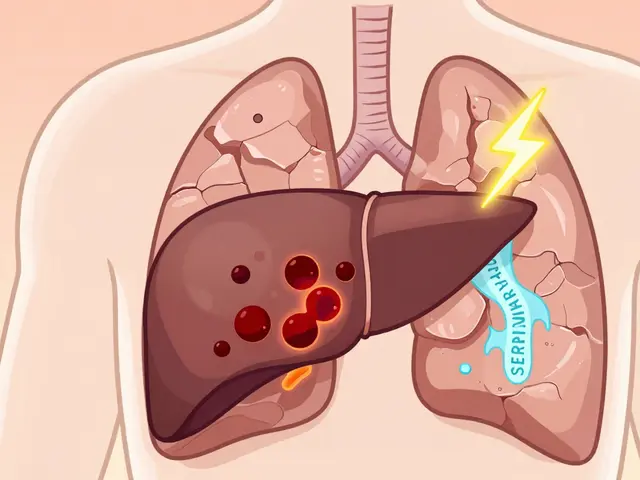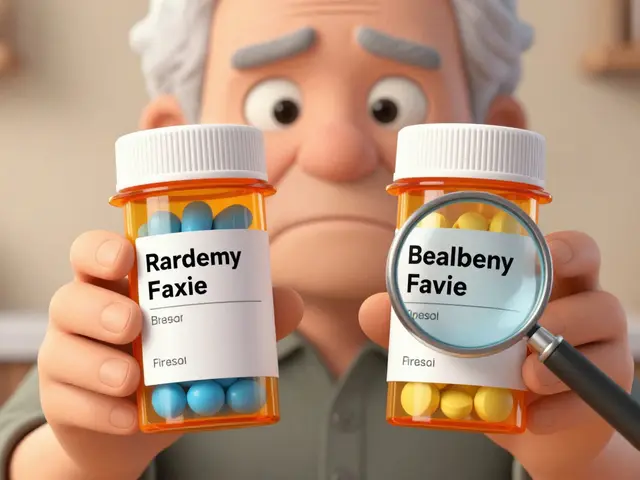HIV Treatment: Modern ART Basics and Practical Tips
You can live a long, healthy life with HIV if you get on effective antiretroviral therapy (ART) and stick with it. Treatment now focuses on one goal: suppress the virus so your immune system recovers and you don’t pass HIV to others. That sounds simple, but the details matter. Here’s what actually helps day-to-day.
How modern HIV treatment works
ART combines drugs that block the virus at different steps. Most people take one pill once a day that already mixes two or three medicines. Common building blocks include tenofovir and emtricitabine plus a partner drug from a class called integrase inhibitors (many are well tolerated and work fast).
After you start ART, your doctor will check viral load and CD4 counts. Viral load tells you if the drugs are working; the goal is an undetectable viral load. When undetectable, the risk of sexual transmission is effectively zero. Labs also check kidney and liver function and drug interactions.
Practical tips to stay on treatment
Take your pills the same time every day. Use an alarm, a pillbox, or an app. Missed doses can let the virus rebound and raise the chance of resistance, which makes future treatment harder. If side effects hit—nausea, headache, sleep trouble—talk to your clinician instead of stopping the drug. Many side effects fade in a few weeks or can be managed with a different regimen.
Be open about other meds and supplements. Some over-the-counter drugs, herbal products, and common supplements can interact with HIV meds. Always check interactions with your clinic or pharmacist before adding anything new.
If you travel, plan ahead. Bring an extra supply of meds, carry a letter from your provider if you cross borders, and check storage needs (some pills prefer room temperature). Missing doses while away increases risk, so pack carefully.
Pre-exposure prophylaxis (PrEP) and post-exposure prophylaxis (PEP) are part of the HIV prevention toolbox. PrEP is for people who don’t have HIV but are at high risk; PEP is a short emergency course after a possible exposure and must start within 72 hours.
Mental health and social support matter. Stigma, anxiety, and depression make it harder to keep up with treatment. Find a support group, counselor, or peer who understands HIV care. Clinics often offer social services, case management, and help with insurance or drug access.
Watch out for online pharmacies. Buying meds online can be risky if the site is unlicensed or sells fake products. Use trusted pharmacies, check for a valid prescription requirement, and consult your clinician before switching suppliers.
If you’re new to treatment or facing problems, ask for a treatment navigator or pharmacist review. Small changes—one pill a day, a timing trick, or a different drug—can make a big difference. Stay engaged with your clinic, get regular lab checks, and ask questions. Good treatment is practical, not perfect, and your care team is there to help.
Ritonavir and aging: Addressing the needs of older HIV patients
In my recent deep-dive into HIV treatment, I've been particularly intrigued by the role of Ritonavir in managing the disease in older patients. As our HIV positive population ages, it's important to address their unique needs and challenges. Ritonavir, an antiretroviral medication, is proving effective. It's been helping to boost the efficacy of other drugs, and increasing overall health and longevity. It's fascinating to see how this treatment is changing the game for our elderly HIV patients.
Read More